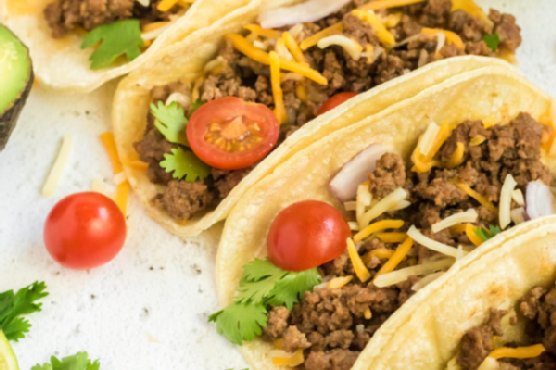Sign In Chef

By using our free meal planner (and the rest of spoonacular.com) you have to agree that you and only you are responsible for anything that happens to you because of something you have read on this site or have bought/cooked/eaten because of this site. After all, the only person who controls what you put in your mouth is you, right?
Spoonacular is a recipe search engine that sources recipes from across the web. We do our best to find recipes suitable for many diets — whether vegetarian, vegan, gluten free, dairy free, etc. — but we cannot guarantee that a recipe's ingredients are safe for your diet. Always read ingredient lists from the original source (follow the link from the "Instructions" field) in case an ingredient has been incorrectly extracted from the original source or has been labeled incorrectly in any way. Moreover, it is important that you always read the labels on every product you buy to see if the product could cause an allergic reaction or if it conflicts with your personal or religious beliefs. If you are still not sure after reading the label, contact the manufacturer.
We also attempt to estimate the cost and calculate the nutritional information for the recipes found on our site. Again, we cannot guarantee the accuracy of this information. Additionally, our nutrition visualizer that suggests that you limit sodium, sugar, etc., and get enough protein, vitamins, and minerals is not intended as medical advice. Similarly, our health tips are based on articles we have read from various sources across the web, and are not based on any medical training. The team behind spoonacular does not possess any medical qualifications and the information may be found to be incorrect or out of date based on future research. If you need help planning your diet or determining which foods (and recipes) are safe for you, contact a registered dietitian, allergist, or another medical professional.
Spoonacular is not responsible for any adverse effects or damages that occur because of your use of the website or any information it provides (e.g. after cooking/consuming a recipe on spoonacular.com or on any of the sites we link to, after reading information from articles or shared via social media, etc.)
× Image © Pink When
Image © Pink When
$3.35 per serving

1 likes

Ready in 20 minutes

Spoonacular Score: 65%
Need a gluten free main course? Ground Beef Street Tacos could be an amazing recipe to try. This recipe makes 6 servings with 354 calories, 34g of protein, and 13g of fat each. For $3.35 per serving, this recipe covers 24% of your daily requirements of vitamins and minerals. This recipe is liked by 1 foodies and cooks. This recipe is typical of Mexican cuisine. Head to the store and pick up lime juice, onion, chili powder, and a few other things to make it today. It is brought to you by Pink When. From preparation to the plate, this recipe takes around 20 minutes. Overall, this recipe earns a solid spoonacular score of 50%. Users who liked this recipe also liked Ground Beef Street Tacos, Ground Beef Street Tacos, and Ground Beef Street Tacos.
Tacos works really well with Pinot Noir, Riesling, and Sparkling rosé. Acidic white wines like riesling or low-tannin reds like pinot noir can work well with Mexican dishes. Sparkling rosé is a safe pairing too. The Barefoot Cellars Pinot Noir Wine with a 5 out of 5 star rating seems like a good match. It costs about 13 dollars per bottle.
 Barefoot Pinot Noir is fruity and elegant with delightful red fruit & lavender aromas that excite before the first sip! Subtle oak notes lift the Bing cherry and raspberry flavors. Enjoy the lingering, silky finish.
Barefoot Pinot Noir is fruity and elegant with delightful red fruit & lavender aromas that excite before the first sip! Subtle oak notes lift the Bing cherry and raspberry flavors. Enjoy the lingering, silky finish.
» Get this wine on Amazon.com






























Read the detailed instructions on Pink When